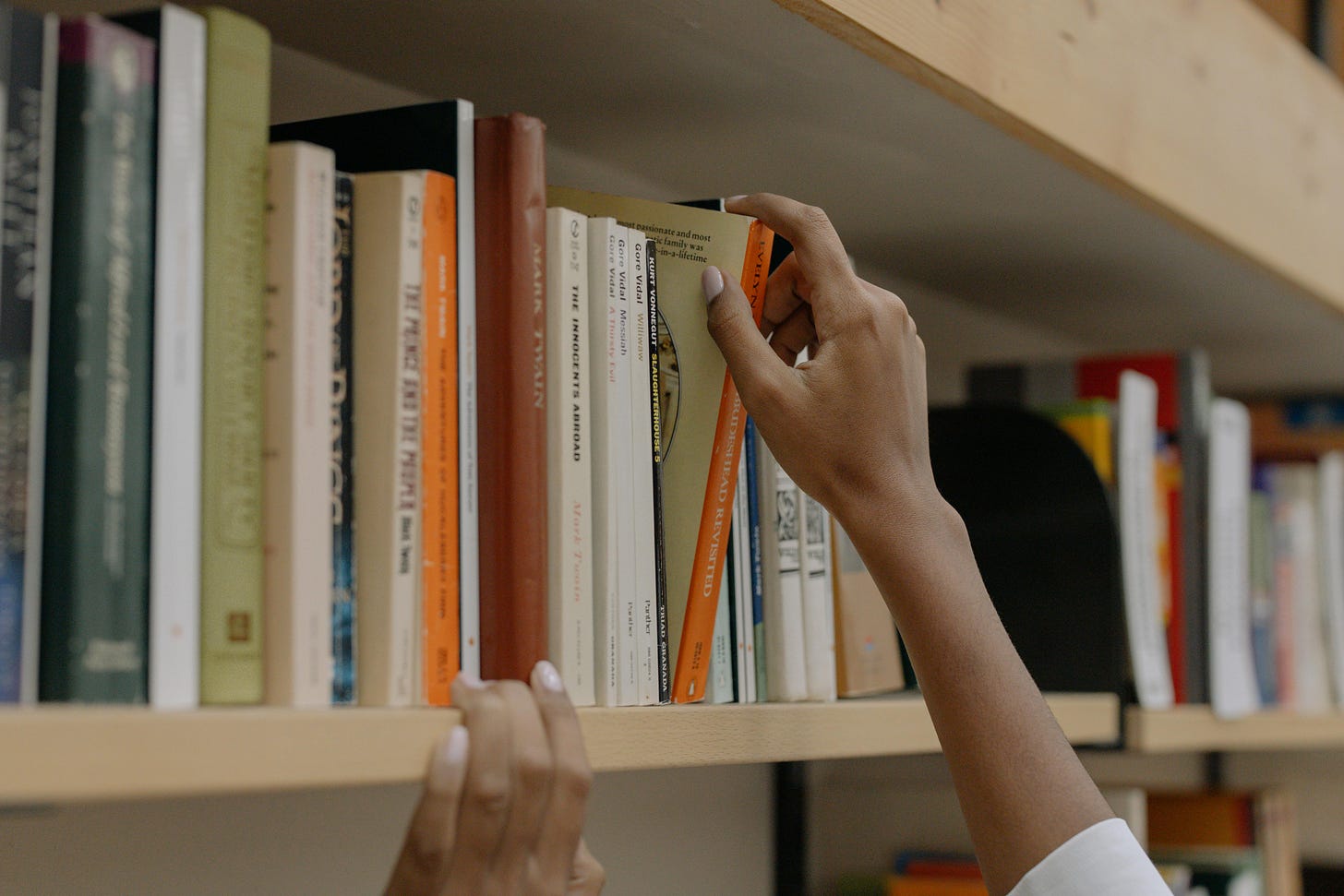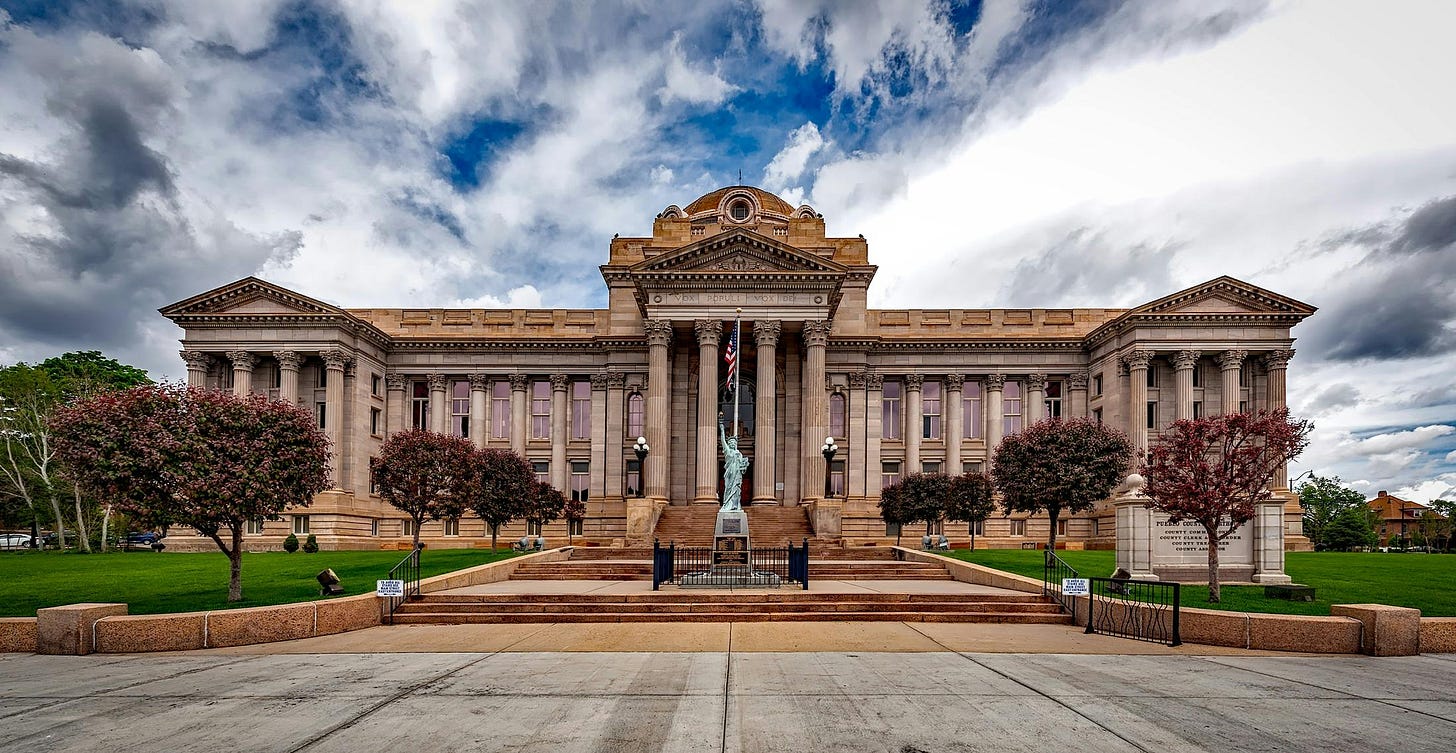Econ 101: Institutions, Incentives & Property Rights | This Week's Economy Ep. 113
Why America needs a crash course in real-world economics.
Hello Friends!
How do we make sense of inflation, government overreach, or why housing costs keep climbing? It all comes back to basic economic principles—ideas too often ignored by those crafting the laws that shape our lives. So this week on This Week’s Economy, I’m kicking off a new Econ 101 series to reconnect the fundamentals of economics with the everyday issues Americans face. These aren’t abstract theories. They’re tools for protecting prosperity.
In today’s episode, I explain what economics really means, why strong institutions and secure property rights are the foundation of growth, and how bad incentives and broken systems have left our economy in a fragile state.
Have a blessed week and a fantastic Memorial Day. We appreciate the sacrifices many people made to help preserve our freedom. You can catch the full episode on YouTube, Apple Podcast, or Spotify, and visit my website for more information.
1. WHAT IS ECONOMICS?

Quick Lesson:
Economics is the study of human action and interaction within institutions to satisfy desires given scarce resources. It’s not just about money—it’s about choices. Every decision we make involves trade-offs because our time, money, and energy are limited.
Real-World Examples:
Choosing whether to buy groceries or fill up your gas tank is economics.
When the government sends stimulus checks and prints trillions, people might feel richer temporarily, but prices rise with more dollars chasing the same goods. That’s inflation.
Scarcity forces choices. That’s why we must evaluate the opportunity cost—what we give up when we choose one thing over another.
Why It Matters:
Understanding these trade-offs is key to designing policies that help people, not trap them in dependency or distort the market. Let’s stop blaming “greedy corporations” for inflation and start blaming the real culprit: too much government and money printing.
2. WHY DO INSTITUTIONS MATTER?

Quick Lesson:
Institutions are the rules of the game—formal or informal—that guide our behavior and determine outcomes. Strong institutions create environments where people feel secure enough to take risks, build businesses, and invest in their future.
Real-World Examples:
Countries with strong property rights and the rule of law thrive; those without them collapse. Venezuela once prospered—until it became a socialist dictatorship.
In the U.S., the Federal Reserve and Congress are institutions. When the Fed manipulates interest rates or Congress overspends, it distorts incentives and erodes market trust.
Sound money and limited government spending are institutional bedrocks of prosperity.
Why It Matters:
When institutions ignore limits, they weaken liberty. That’s what we see today—unchecked spending, loose monetary policy, and regulatory overreach undermining American resilience.
3. PRIVATE PROPERTY AND THE FREE MARKET

Quick Lesson:
Private property rights are the foundation of a free-market economy. When individuals can own, control, and exchange property, they are incentivized to work, invest, and innovate. Without secure ownership, there’s no accountability or incentive for stewardship.
Real-World Examples:
Zoning laws and environmental regulations often limit how people use their land, stalling development and contributing to the housing affordability crisis.
Eminent domain abuse and excessive property taxes reduce one's sense of ownership, turning homeowners into renters of their land.
You won't invest in it if you don’t really own it. That’s true for individuals, families, and businesses.
Why It Matters:
A healthy economy depends on people knowing they can reap the rewards of their labor and investments. That’s why I advocate for eliminating property taxes in Texas and elsewhere—to promote true ownership and economic dignity.
4. APPLYING ECONOMIC PRINCIPLES TODAY

Too many current policies ignore these principles—and it’s hurting us.
Tariffs:
Tariffs are taxes on Americans, not foreign governments. Trump’s trade war and Biden’s protectionism have raised prices, hurt supply chains, and reduced growth.
Free trade benefits everyone. Ask consumers who enjoy affordable goods or businesses that access global supply chains.
Spending and Budgeting:
At both the federal and state levels, government spending is growing faster than the economy and taxpayers’ ability to fund it.
The Sustainable Budget Project shows that if Congress had limited spending growth to the rate of population + inflation since 2015, we’d have spent $2.2 trillion less last year alone.
This overspending burdens future generations, drives inflation, and crowds out private investment. As Friedman said, it’s not how much you tax—it’s how much you spend.
Texas:
Texas’ record-high $337B budget, failed to deliver universal school choice, and missed another opportunity to phase out school M&O property taxes. That’s not sustainable.
Policymakers must remember: prosperity isn’t fueled by bigger budgets—it’s fueled by productive people in a free economy.
Final Thoughts
Economics is everywhere. It shapes every decision, every policy, and every paycheck.
That’s why I launched this new Econ 101 series—not just to explain the theories, but to equip you better to understand today’s headlines and tomorrow’s solutions.
Let’s stop blaming markets for government failure. Let’s stop saying prices are too high without understanding why, and let’s stop demanding more spending when the real solution is spending less.
Because if we want to let people prosper, we must start with the truth:
Prosperity comes from freedom, not force. From production, not politics. From markets, not mandates.
RESOURCES
Here are some recommended resources to dive deeper in studying economics:
Economics in One Lesson by Henry Hazlitt
Economics for Real People by Gene Callahan
Why Government is the Problem by Milton Friedman
Economics on One Foot by Learn Liberty
Opportunity Costs and Tradeoffs by Marginal Revolution University
Thanks for joining me in this week’s episode. For more resources and commentary, visit VanceGinn.com and subscribe to my Substack at vanceginn.substack.com. God Bless You! Let People Prosper!
Keep reading with a 7-day free trial
Subscribe to Let People Prosper to keep reading this post and get 7 days of free access to the full post archives.



